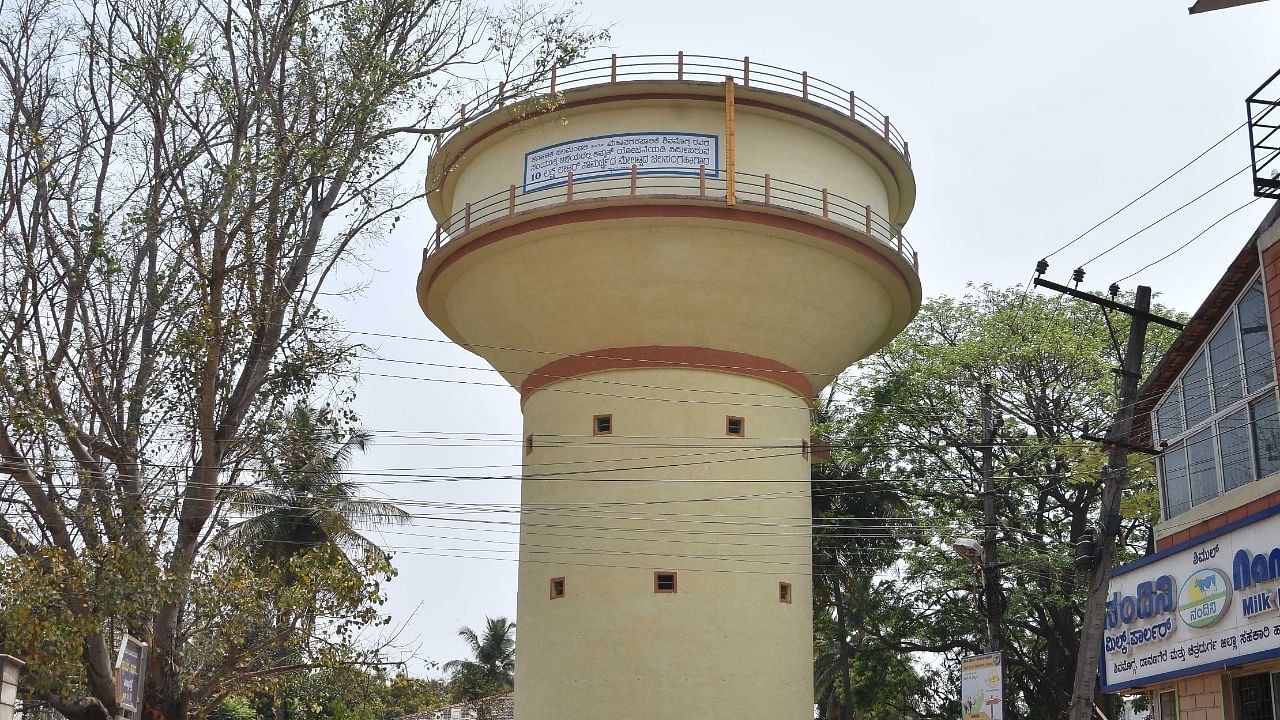
The death of at least six people and the hospitalisation of about 200 others after drinking contaminated water supplied to their homes by the local gram panchayat in Makarabbi village of Hoovina Hadagali taluk in Karnataka’s newly-formed Vijayanagara district points to official callousness and calls for stringent action against officials guilty of negligence in the matter. Investigations revealed that the existing drinking water pipeline was damaged while laying new pipes under the Jal Jeevan Mission, leading to contamination of clean water. The villagers had no option but to depend on the water supplied by the panchayat as water from all five borewells in the area had been declared unfit for consumption by the health department. Though the problem of contamination was detected about a month ago, with several residents having suffered from ailments like gastroenteritis, diarrhoea and nausea, the panchayat failed to make alternative arrangements and continued to supply polluted water. This is criminal negligence. Mere suspension of the guilty, as is routinely done in such cases, will serve no purpose. The negligent officials should be held personally responsible for the loss of innocent lives.
The Makarabbi incident is neither a one-off incident nor is it surprising. Mixing of sewage with drinking water due to broken pipes is a common problem even in a city like Bengaluru. Karnataka also faces another major challenge — of naturally occurring fluoride contamination of groundwater in about 500 villages, the fourth highest number among all states in the country. While the government has announced various schemes to guarantee food security, much needs to be done to ensure that every individual has access to clean potable water, which at present appears to be a distant dream, the ongoing Jal Jeevan Mission notwithstanding.
Governments must take into account the larger picture of the need to ensure supply of clean water to all. The Supreme Court has applied the ‘precautionary principle’ to check potential pollution of drinking water sources and has held that the State is the trustee of all natural resources that are meant for public use. The State cannot shirk from this responsibility.